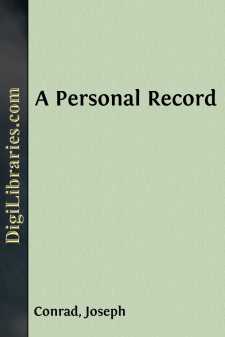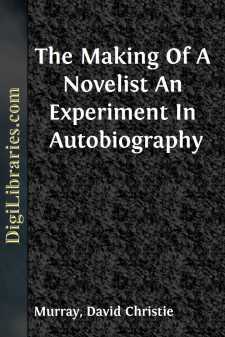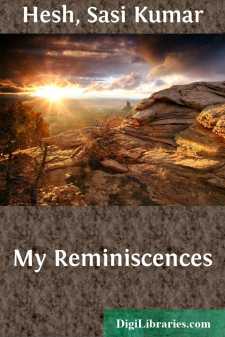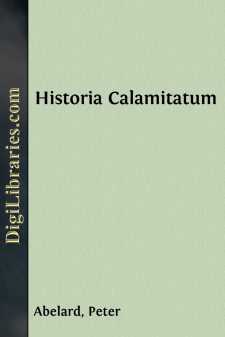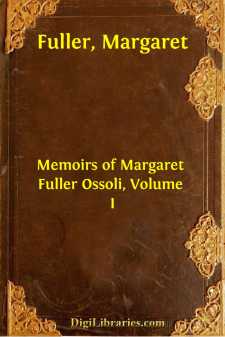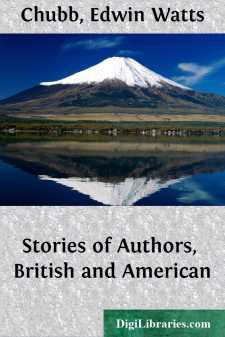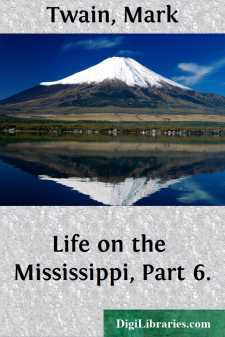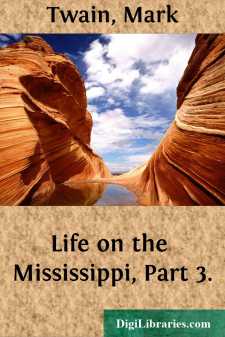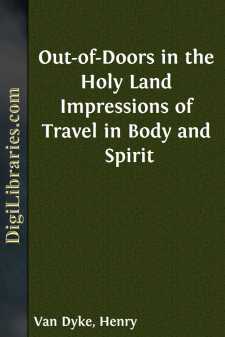Biography & Autobiography
- Adventurers & Explorers 15
- Artists, Architects, Photographers 16
- Business 2
- Composers & Musicians 14
- Criminals & Outlaws 5
- Editors, Journalists, Publishers 6
- Educators 1
- Entertainment & Performing Arts 3
- General 73
- Health, Exercise & Fitness 1
- Historians 3
- Historical 83
- Law Enforcement 1
- Lawyers & Judges 3
- Literary
- Medical 7
- Military 48
- Naturalists, Gardeners, Environmentalists 8
- Personal Memoirs & Diaries 226
- Philosophers 3
- Political 9
- Presidents & Heads of State 38
- Religious 38
- Rich & Famous 27
- Scientists 13
- Women 31
Literary Books
Sort by:
by:
Joseph Conrad
A FAMILIAR PREFACE As a general rule we do not want much encouragement to talk about ourselves; yet this little book is the result of a friendly suggestion, and even of a little friendly pressure. I defended myself with some spirit; but, with characteristic tenacity, the friendly voice insisted, "You know, you really must." It was not an argument, but I submitted at once. If one must! . . . You...
more...
PREFACE Every man who writes about himself is, on the face of the matter, obnoxious to the suspicion which haunts the daily pathway of the Bore. To talk of self and not be offensive demands an art which is not always given to man. And yet we are always longing to get near each other and to understand each other; and in default of a closer communion with our living fellows we take to our bosoms the...
more...
by:
Sasi Kumar Hesh
MY REMINISCENCES I know not who paints the pictures on memory's canvas; but whoever he may be, what he is painting are pictures; by which I mean that he is not there with his brush simply to make a faithful copy of all that is happening. He takes in and leaves out according to his taste. He makes many a big thing small and small thing big. He has no compunction in putting into the background that...
more...
by:
Peter Abelard
INTRODUCTION The "Historia Calamitatum" of Peter Abélard is one of those human documents, out of the very heart of the Middle Ages, that illuminates by the glow of its ardour a shadowy period that has been made even more dusky and incomprehensible by unsympathetic commentators and the ill-digested matter of "source-books." Like the "Confessions" of St. Augustine it is an...
more...
by:
Margaret Fuller
YOUTH. AUTOBIOGRAPHY. * * * * * "Aus Morgenduft gewebt und Sonnenklarheit Der Dichtung Schleir aus der Hand der Wahrheit." GOETHE. "The million stars which tremble O'er the deep mind of dauntless infancy." TENNYSON. "Wie leicht ward er dahin gefragen, Was war dem Glücklichen zu schwer! Wie tanzte vor des Lebens...
more...
by:
William Hazlitt
THE PICTURE H. Oh! is it you? I had something to shew you—I have got a picture here. Do you know any one it's like? S. No, Sir. H. Don't you think it like yourself? S. No: it's much handsomer than I can pretend to be. H. That's because you don't see yourself with the same eyes that others do. I don't think it handsomer, and the expression is hardly so fine as yours...
more...
PREFACE The purpose of this book is to help in making literature and the makers of literature alive and interesting. Few schools have libraries including the bound volumes of the magazines of the past quarter of a century. But what an aid such a collection is to the appreciation of literature! The dignified and abbreviated history of literature cannot indulge in such delightful gossip as is found in...
more...
by:
Mark Twain
Under Fire TALK began to run upon the war now, for we were getting down into the upper edge of the former battle-stretch by this time. Columbus was just behind us, so there was a good deal said about the famous battle of Belmont. Several of the boat's officers had seen active service in the Mississippi war-fleet. I gathered that they found themselves sadly out of their element in that kind of...
more...
by:
Mark Twain
The River Rises DURING this big rise these small-fry craft were an intolerable nuisance. We were running chute after chute,—a new world to me,—and if there was a particularly cramped place in a chute, we would be pretty sure to meet a broad-horn there; and if he failed to be there, we would find him in a still worse locality, namely, the head of the chute, on the shoal water. And then there would...
more...
by:
Henry Van Dyke
PREFACE For a long time, in the hopefulness and confidence of youth, I dreamed of going to Palestine. But that dream was denied, for want of money and leisure. Then, for a long time, in the hardening strain of early manhood, I was afraid to go to Palestine, lest the journey should prove a disenchantment, and some of my religious beliefs be rudely shaken, perhaps destroyed. But that fear was removed by...
more...


